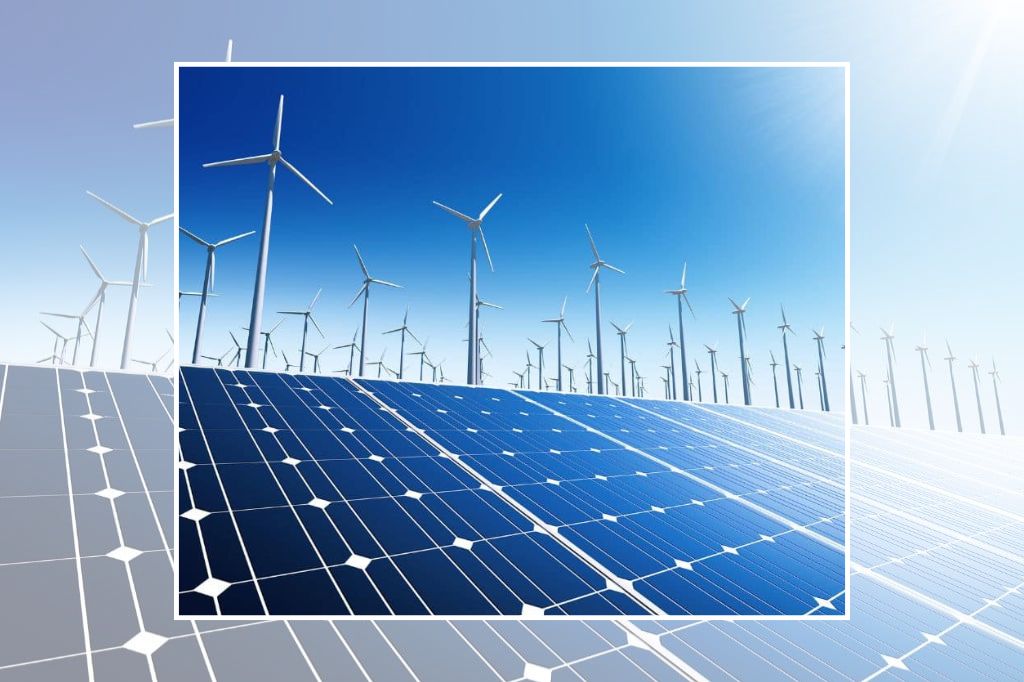The government’s decision to implement the Approved List of Cells and Manufacturers (ALMM) from June 2026 could significantly affect India’s renewable energy pipeline. According to a recent report by JMK Research, the move may disrupt the execution of nearly 20–25 gigawatts (GW) of green open access projects over the next two to three years, largely due to an anticipated shortage of domestic content requirement (DCR) modules.
The report further noted that the limited availability and higher cost of DCR modules could drive up project tariffs by as much as Rs 0.4–Rs 0.5 per unit, making renewable power more expensive for consumers. This could dampen the momentum of green open access projects, which are critical for industries and commercial establishments seeking clean energy sources to meet sustainability targets.
So far, ALMM has primarily applied to solar modules, functioning as a non-tariff barrier to boost domestic manufacturing of clean energy equipment. However, in a recent policy shift, the Ministry of New and Renewable Energy (MNRE) expanded its scope to also cover solar cells, aiming to strengthen the upstream solar manufacturing value chain in India.







